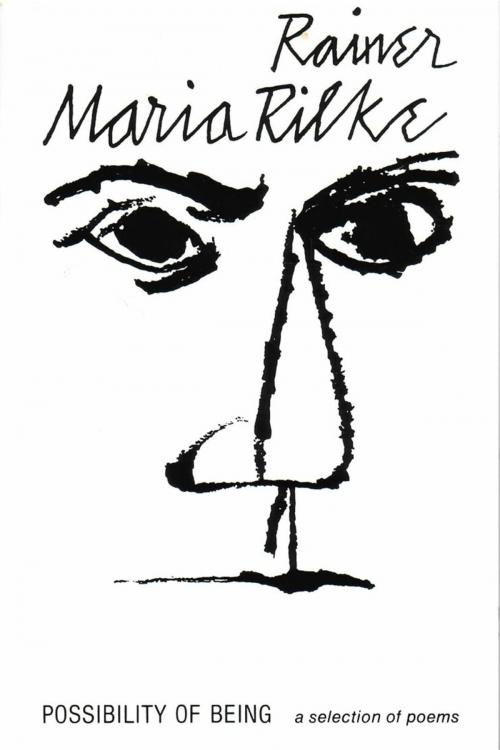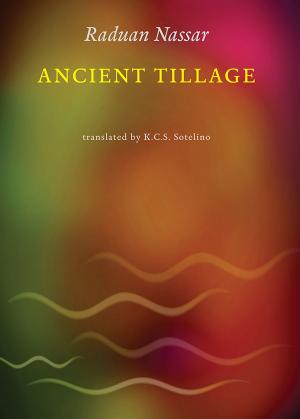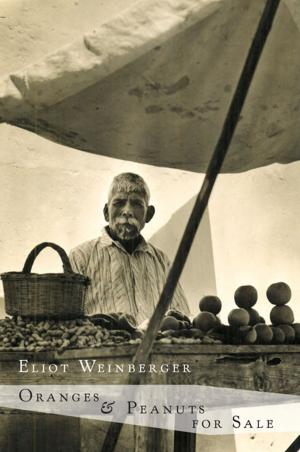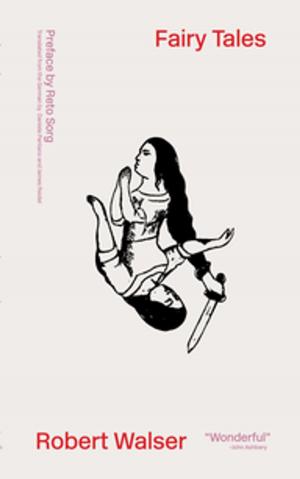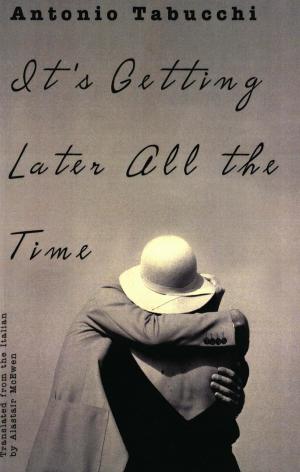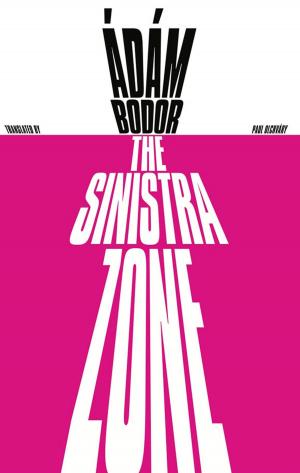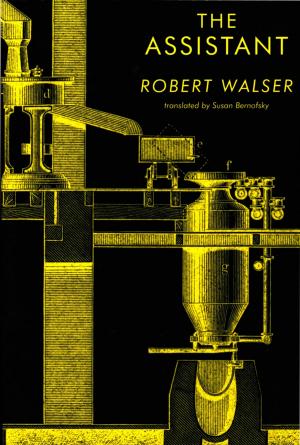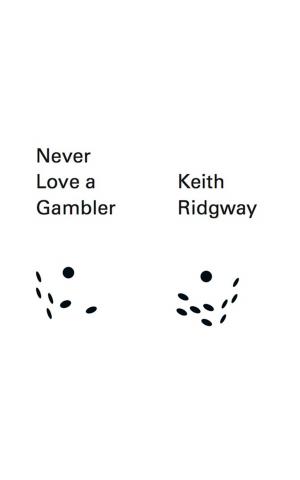| Author: | Rainer Maria Rilke | ISBN: | 9780811224970 |
| Publisher: | New Directions | Publication: | January 17, 1977 |
| Imprint: | New Directions | Language: | English |
| Author: | Rainer Maria Rilke |
| ISBN: | 9780811224970 |
| Publisher: | New Directions |
| Publication: | January 17, 1977 |
| Imprint: | New Directions |
| Language: | English |
Possibility of Being is a selection of poems by one of the most moving and original writers of this century, Rainer Maria Rilke (1857-l926). The title (taken from one of the Sonnets to Orpheus, ''Ibis is the Creature") reflects the central concern of both Rilke's life and art: the achievement of "being,” which this most spiritual yet least doctrinaire of modern German poets defined as "the experiencing of the completest possible inner intensity.''
The eighty-four poems included in this small volume will serve as a sound and inviting introduction to Rilke's strategies in the pursuit of "being." And just as the unicorn in "This Is the Creature" has an eternal "possibility of being" but only becomes visible in the mirror held by a virgin, so can our own possibilities become manifest in the mirror held by the sensitive artist. The poems are chosen from The Book of Hours (1899-1903), The Book of Images (1902 and 1906), New Poems (1907 and 1908), Requiem (1909), Duino Elegies (1923), Sonnets to Orpheus (1923), and the posthumous Poems 1906-26. This selection was made by Professor Theodore Ziolkowski of Princeton University, who drew from the various New Directions volumes of Rilke's work translated by J. B. Leishman.
Possibility of Being is a selection of poems by one of the most moving and original writers of this century, Rainer Maria Rilke (1857-l926). The title (taken from one of the Sonnets to Orpheus, ''Ibis is the Creature") reflects the central concern of both Rilke's life and art: the achievement of "being,” which this most spiritual yet least doctrinaire of modern German poets defined as "the experiencing of the completest possible inner intensity.''
The eighty-four poems included in this small volume will serve as a sound and inviting introduction to Rilke's strategies in the pursuit of "being." And just as the unicorn in "This Is the Creature" has an eternal "possibility of being" but only becomes visible in the mirror held by a virgin, so can our own possibilities become manifest in the mirror held by the sensitive artist. The poems are chosen from The Book of Hours (1899-1903), The Book of Images (1902 and 1906), New Poems (1907 and 1908), Requiem (1909), Duino Elegies (1923), Sonnets to Orpheus (1923), and the posthumous Poems 1906-26. This selection was made by Professor Theodore Ziolkowski of Princeton University, who drew from the various New Directions volumes of Rilke's work translated by J. B. Leishman.
